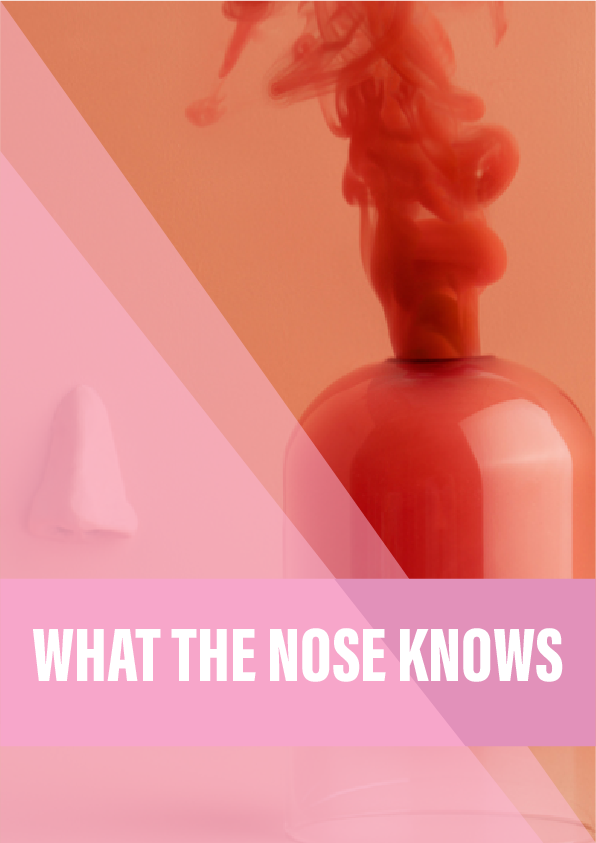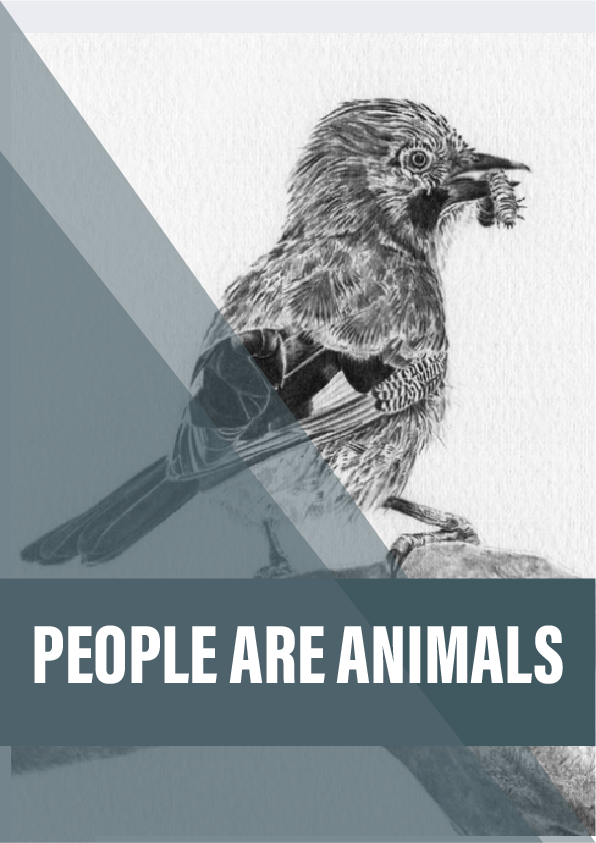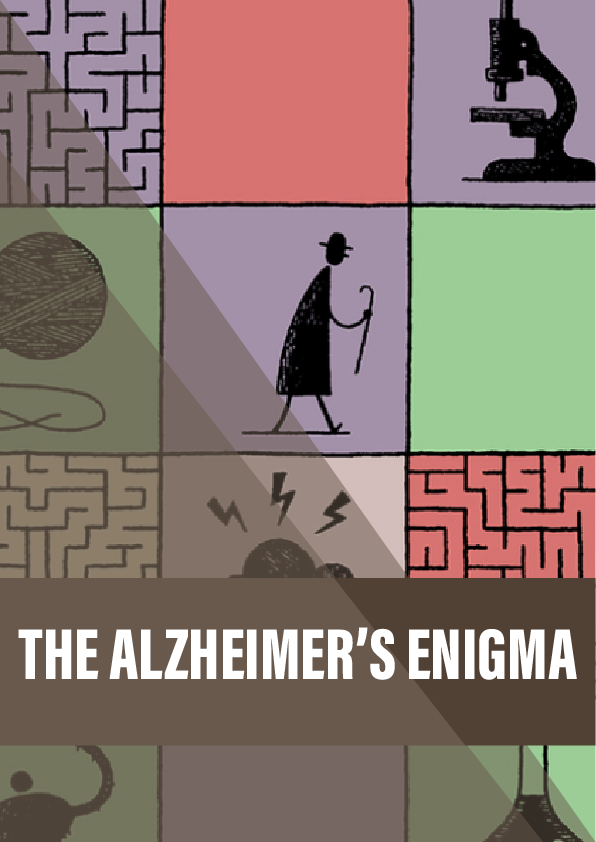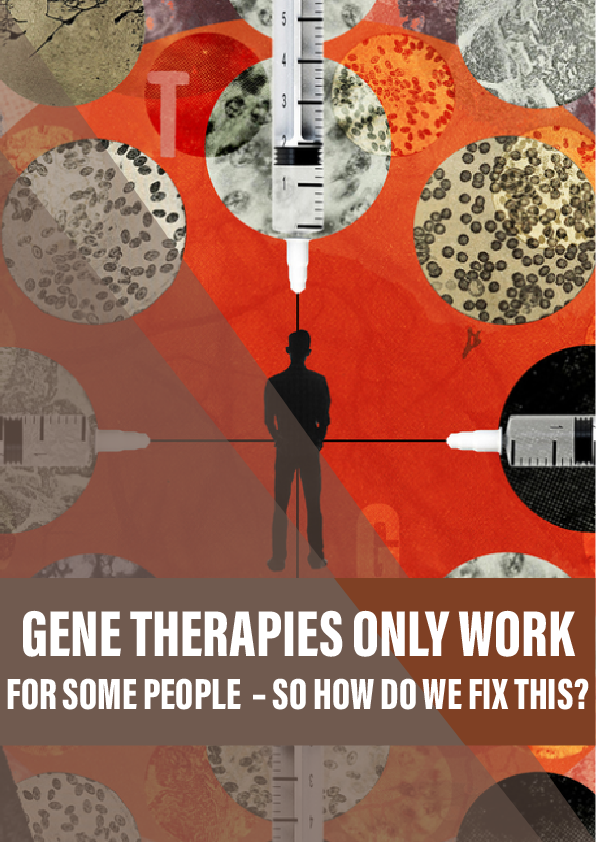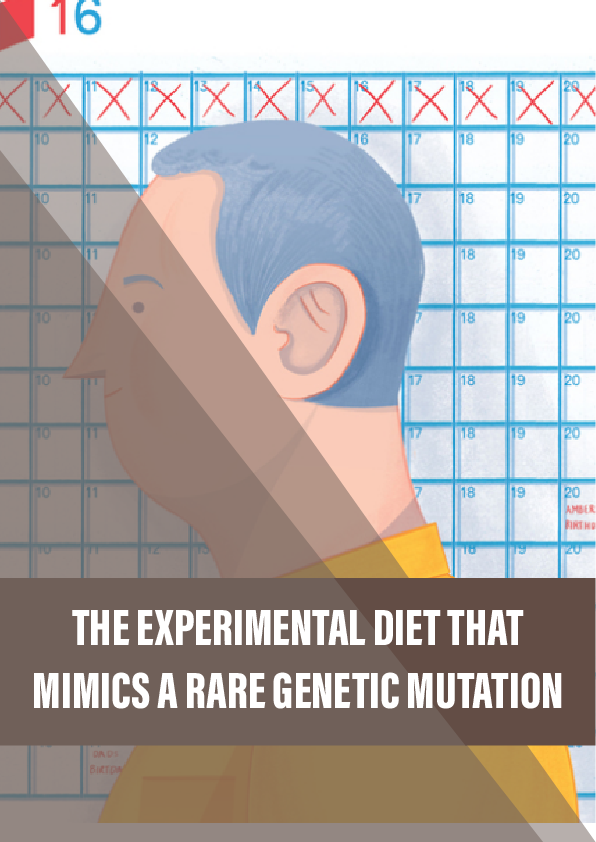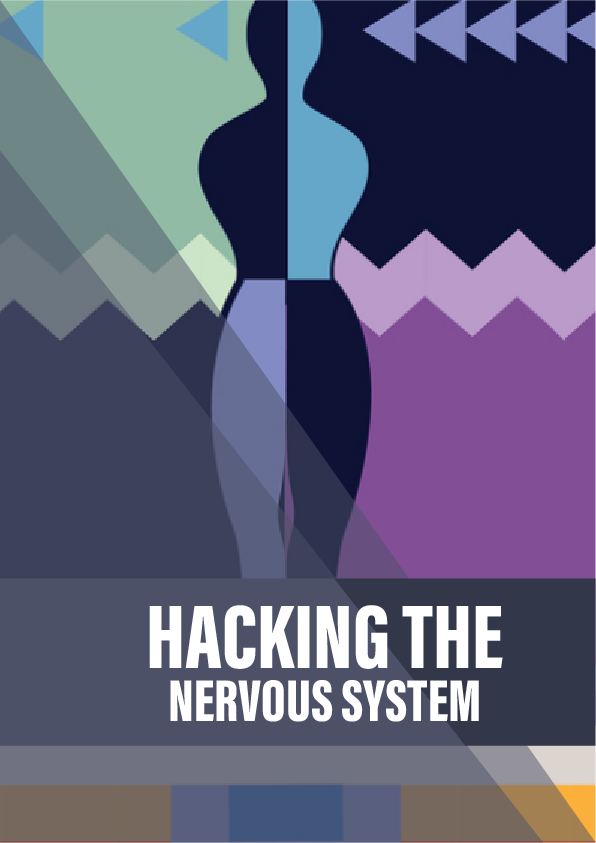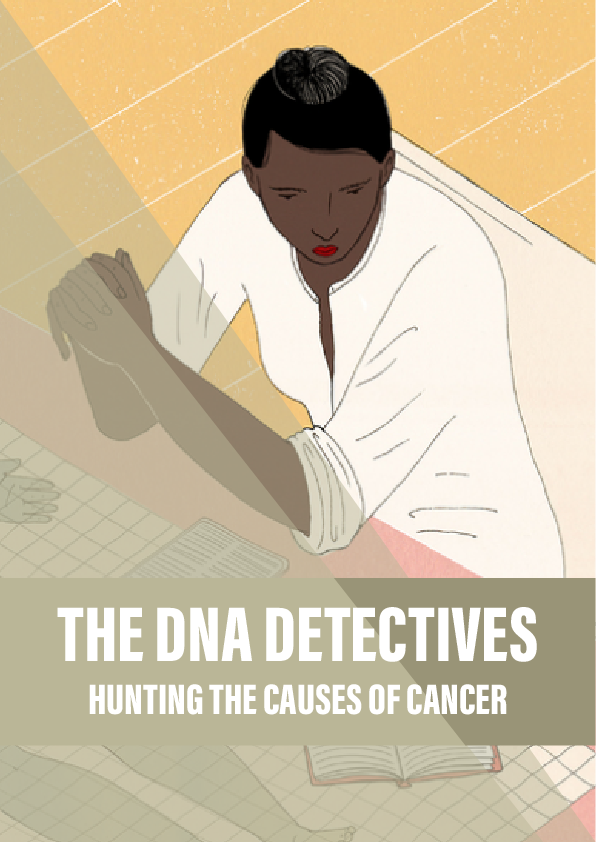Losing your sense of smell takes away more than scents and flavours – it can fundamentally change the way you relate to other people, writes Emma Young.
Nick Johnson skims the lunch menu at the White Dog Cafe, a warren of little rooms and ante-rooms in Philadelphia’s university district. “Beef empanadas… I would have loved those. But all that braised beef would just get lost on me. Fish and chips I avoid: all fried foods taste the same. I’m looking at the fish tacos. I know I’ll get the spicy heat and a little bit of pineapple flavour, and with the peppers and the guacamole, there’ll be some mouthfeel there.”
He orders the tacos, and we get a beer that’s on tap. It’s called Nugget Nectar, and it’s produced by the local craft brewery that Nick’s worked at for the past ten years. Nugget Nectar used to be his favourite beer. “It has a real nice balance of sweetness and hops. But now,” he says, and his face falls, “it’s a shell of its former self to me.” He can describe what it smells like: “piney”, “citrusy”, “grapefruity”. But he can’t smell it any more.
We don’t think of ourselves as being particularly good smellers, especially compared with other animals. But research shows that smells can have a powerful subconscious influence on human thoughts and behaviour. People who can no longer smell – following an accident or illness – report a strong sense of loss, with impacts on their lives they could never have imagined. Perhaps we don’t rank smell very highly among our senses because it’s hard to appreciate what it does for us – until it’s gone.
Nick, who’s 34, can pinpoint the moment he lost his sense of smell. It was 9 January 2014. He was playing ice hockey with friends on the frozen pond at his parents’ place in Collegeville, Pennsylvania. “I’ve done it millions of times,” he says. “I was skating backwards, slowly, and I hit a rut on the ice. My feet went out from under me. I hit the back right side of my head. I was out. I came to in the ambulance, people surrounding me, blood pouring out of my ear.” He had ruptured an eardrum and fractured his skull in three places. He had blood on his brain, and was suffering from seizures. “I had no idea what was going on.”
Reference:
- Here are the results from the experiments at Monell on stress, odour and perception.
- This paper in Science shows how researchers calculated that the number of smells we can discriminate may be over a trillion.
- And here’s an article in Scientific American reporting on research showing that people in a relationship can ‘smell’ each other’s moods.
